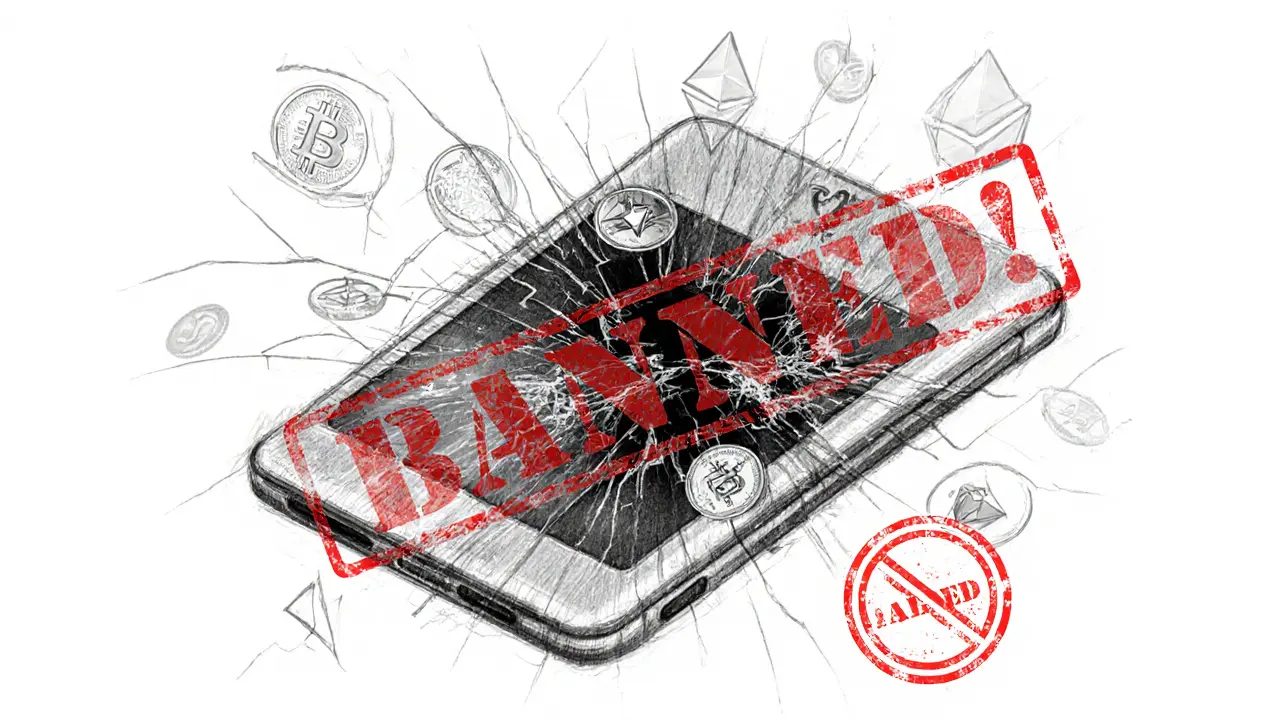Legal Status of Crypto in China: What You Need to Know
When it comes to crypto in China, the Chinese government has taken one of the strictest stances in the world, banning cryptocurrency trading, mining, and financial services tied to digital assets. Also known as crypto prohibition, this policy isn’t about slowing innovation—it’s about controlling financial flows and protecting the yuan’s dominance. In 2021, China shut down all domestic crypto exchanges, froze bank accounts linked to trading, and cracked down on mining farms. The move wasn’t random. It was part of a broader effort to keep capital inside the country and prevent citizens from bypassing currency controls using Bitcoin or altcoins.
The Chinese government, a centralized authority with tight control over financial systems. Also known as the People’s Bank of China (PBOC), it doesn’t just dislike crypto—it sees it as a threat to its digital currency, the e-CNY. While private crypto transactions are illegal, the state-run digital yuan is being rolled out nationwide. This isn’t a coincidence. The government wants payment control, not decentralization. Even holding crypto isn’t technically illegal, but if you’re caught trading it through a foreign exchange or using peer-to-peer platforms, you risk fines, account freezes, or worse. Banks are required to monitor and report any crypto-related activity, and many users have seen their accounts locked without warning.
What about mining? China used to run over 70% of the world’s Bitcoin mining. Then, in 2021, the government ordered all mining operations shut down. Power grids were cut, equipment seized, and miners fled to Kazakhstan, the U.S., and other countries. Today, mining in China is effectively dead. But here’s the twist: the ban didn’t stop innovation. Companies are still building blockchain tech—just not for public crypto. Supply chain tracking, government records, and enterprise ledgers are all being developed under state supervision. So while you can’t trade Ethereum in Shanghai, you might still use a blockchain-powered system to track your food delivery.
For foreigners living in China, the rules are murky. Some use VPNs to access foreign exchanges, but that’s risky. Others stick to holding crypto in cold wallets, hoping to avoid detection. The truth? There’s no legal way to trade crypto in China today. Even peer-to-peer platforms like LocalBitcoins are monitored. The government doesn’t need to ban every single app—it just needs to make the system so hostile that people give up.
What you’ll find in the posts below are real-world examples of how crypto regulations play out—not just in China, but globally. You’ll see how exchanges like Asproex and WenX operate under strict compliance rules, how cross-border monitoring tracks crypto flows, and how scams like SQUID and BFICGOLD thrive in places with weak oversight. You’ll also see how Hong Kong, just across the border, is taking a totally different path with its own licensing system. The contrast is stark: one country bans, another regulates. And understanding that difference helps you see why China’s approach matters—not just for locals, but for anyone holding crypto today.

Legal Status of Cryptocurrencies in China: Complete Ban and Enforcement in 2025
As of 2025, China has banned all cryptocurrency activities including trading, mining, and ownership. Learn how the legal crackdown works, why it happened, and what alternatives like the digital yuan mean for users.
